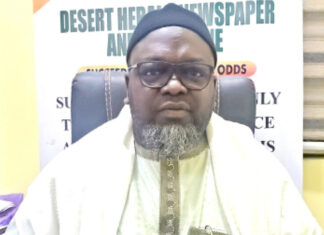By Josephine Uzorh and Juliet Nwite
In 2016, Aljazeera’s Dennis Martine asked President Muhammadu Buhari why his children were schooling abroad and not in Nigerian Universities.
Buhari responded: “Because I can afford it.”
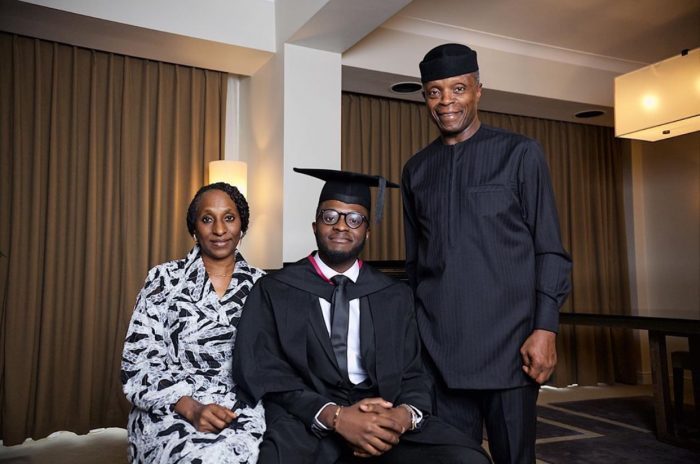
Like Buhari, many past and present Nigerian top officeholders responsible for running the country, have chosen to send their children to foreign universities, and in some cases, primary and secondary schools.
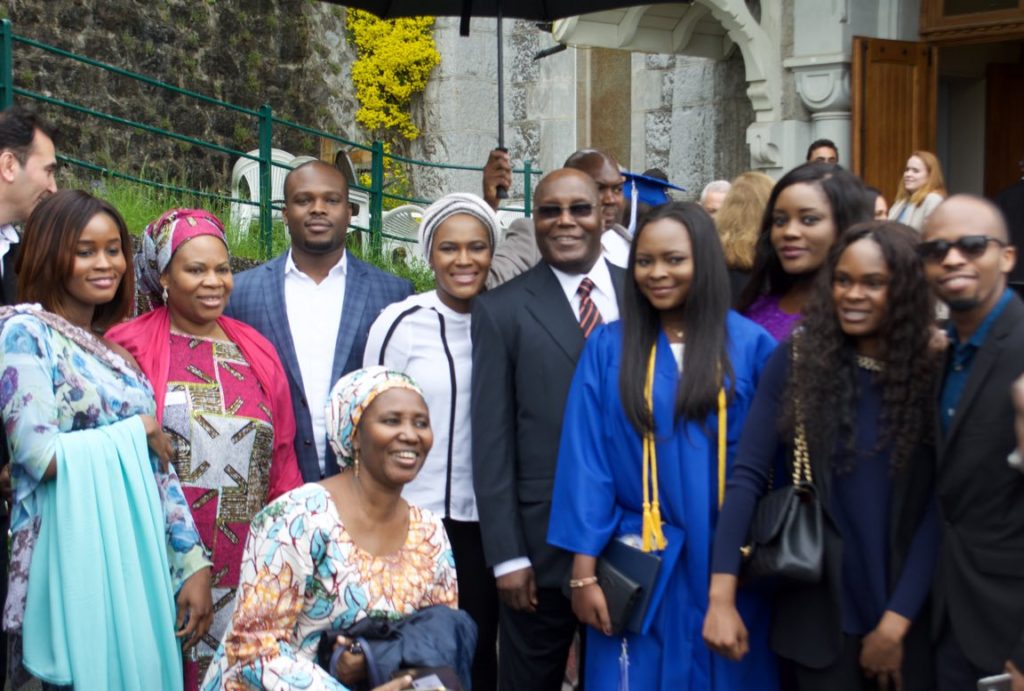
These officeholders, both in the ruling All Progressives Congress (APC) and the opposition People’s Democratic Party (PDP) would regularly boast on social media, showing the photos of the graduation of their children in these expensive universities.
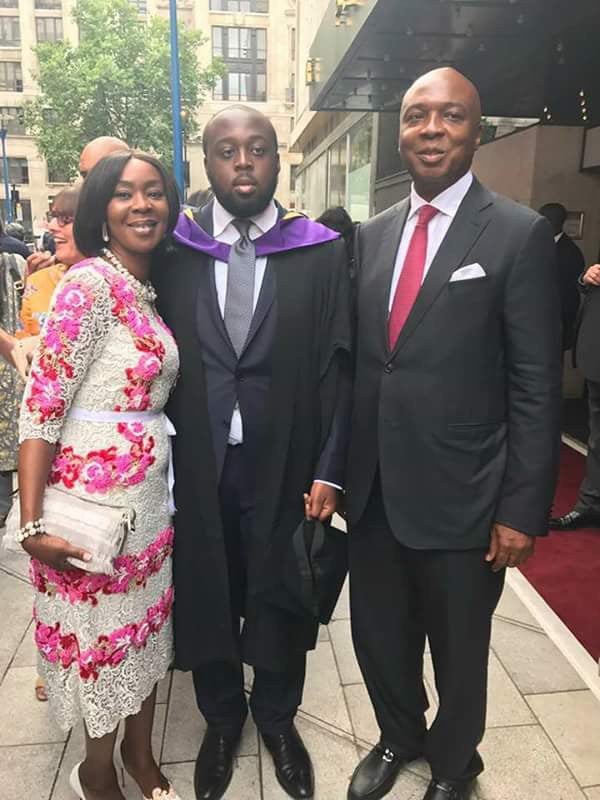
Other Nigerians who could afford the fees of universities abroad, chose to send their wards there because they suspect that poor funding has robbed government-owned schools of quality.
Not a priority
For instance, the share of the 2019 budget allocated to education is 6 per cent against the UNESCO prescription of 15 to 20 per cent.
The highest budgetary allocation to the educational sector was in 2014 which was 9.94 per cent; otherwise, it has always been 5 or 7 per cent.
While big countries are shifting their economies away from extractive based industry to the ones reliant on knowledge (knowledge economy), Nigeria appears to still be stuck in the past.
Experts have argued that Nigeria’s 2019 budget of N620 billion which is to be shared among the 43 Federal Universities, 23 Colleges of Education, 36 Polytechnics, 22 Monotechnics and Specialized institutions can only guarantee junk.
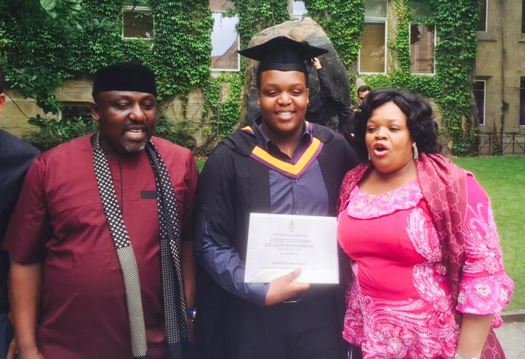
This is in addition to the fact that all the unity schools across the country and the Universal Basic Education Commission (UBEC) supported primary schools are going to draw their funding from the N620 billion education budget.
In contrast to Nigeria’s budget for education which in dollar terms is $1.7 billion, Harvard University spends almost thrice that amount as its budget which stands at $4.5 billion per annum.
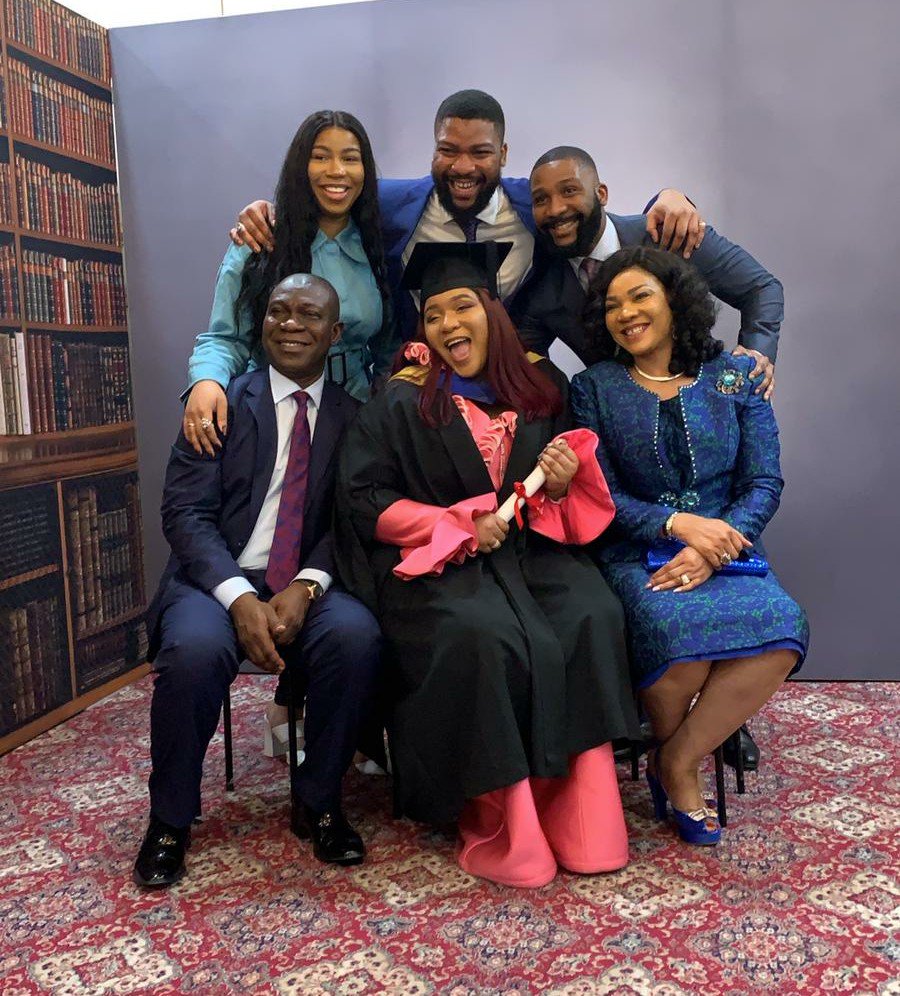
Even as government-owned educational institutions are poorly funded, they still suffer from overpopulation. Harvard with its $4.5 billion budget, has only 22,947 students. The University of Lagos (UNILAG) alone, has 58,000 students.
The rush for foreign certificates is also putting pressure on Nigeria’s foreign exchange. The Central Bank of Nigeria estimates that $2 billion is spent on payment of schools wages.
Leading Nigeria from the rear
Great leaders are said to be those that lead from the front. In Nigeria’s case, they appear to prefer the rear.
President Buhari has been part of Nigeria’s power nucleus since July 1966 when the military junta of northern officers toppled Major General Aguiyi Ironsi.
Buhari moved from positions to positions and became head of state in 1984 until he was removed in a coup d’tat by Ibrahim Babangida in August 1985. He returned to power again in 2015 as a democratically elected president.
He has eight children, five of them schooled in the United Kingdom. They attended prestigious universities – Buckingham University, University of Plymouth, University of Leicester and University of Surrey.
The Vice President, Professor Yemi Osinbajo is not left behind. He recently celebrated his son, Fiyinfunoluwa graduation from Warwick University on social media.
The fees ranged from £22,460 to £39,150 or N10 million to N17 million per session.
The PDP presidential candidate in the last election, Atiku Abubakar, had in 2016, celebrated the graduation of his daughter from a foreign university. The irony is that he is the owner of the American University of Nigeria in Yola.
Former Senate President Bukola Saraki, who also served as governor of Kwara State, celebrated the graduation of his son from the London School of Economics.
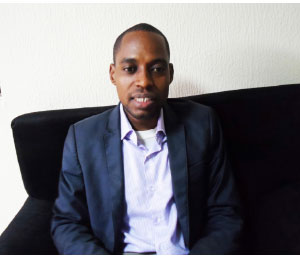
Former Deputy Senate President, Ike Ekweremadu, is also not left behind among those whose children receive their degrees from abroad.
The governor of Kaduna State, Nasir el-Rufai, who prides himself as a reformer, came under fire from Nigerians when he announced his daughter’s graduation from a foreign university.
The immediate past Governor of Imo State, Rochas Okorocha, who gave “free” education to all Imo indigenes in the state’s owned university, did not send his son there for his degree but to the University of Manchester in the United Kingdom.
Experts weigh in
Head of Mass Communication Department, Covenant University in Ota, Ogun State, Dr.Olusola Oyero likened the patronage of foreign universities by Nigerian political leaders to a person selling what they don’t like.
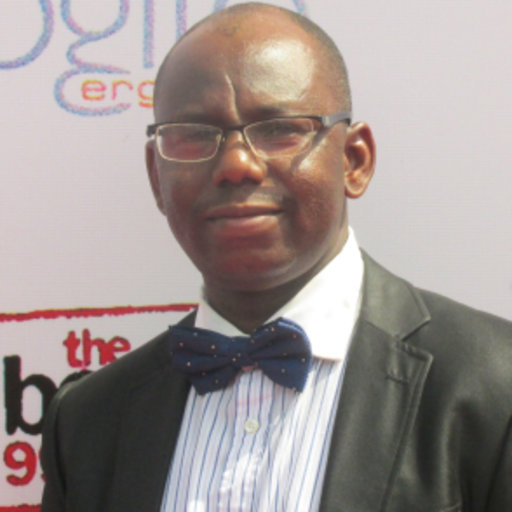
“If you are an owner of a school and your children are not attending that school, it means you don’t believe in the school. The same goes to the leaders, they should lead by example,” he said.
He explained that even though it is not bad for anybody to send their children to foreign schools if they can afford it, the Nigerian political leaders inclusive, there is a need for them to improve on the educational sector.
He said during his undergraduate days at the University of Ibadan, foreigners come to his school on an exchange programme but it is not so today in any government-owned universities.
He also said that the leaders should lead by example by ensuring that their children attend the universities in Nigeria instead of sending them to study abroad.
For Dr Tunde Oseni, head of politics and international relations, Lead City University Ibadan, while there is nothing wrong with a parent sending their children to foreign universities if they can afford it, it is wrong for the leaders to wreak the educational system and ship their wards to foreign ones.
In a telephone interview from his base in Ibadan, he said: “There are many children from non-political leaders who school abroad, but because the political leaders have a responsibility to cater for infrastructure and education back home people see it as an insult.
“The major concern is about the leaders who are meant to develop the nation, but abandon it only to show off their children graduating from foreign universities while Nigerians are stuck with dilapidated universities in desperate need of repair,” he said.

Professor Paul Obi-Ani, former Head of Department of History and International Relations at the University of Nigeria, Nsukka, said it is unpatriotic that lecturers and common Nigerians are struggling to keep the educational system running while the leaders use the country’s resources to support their wards in foreign universities.
“The important thing is they should build our system, the structure and manpower. They should enhance it so that we can have a comparative edge in some areas against foreign universities,” he said.
Professor Obi-Ani advised the government to channel our resources in a way that will improve the economy.
He encouraged the leaders to invest in research and development to build the country’s production and manufacturing capacity so that importation can be reduced.
He believes that the leaders ought to lead by example by educating their children in Nigerian universities to ensure that the educational sector receives the needed attention.




